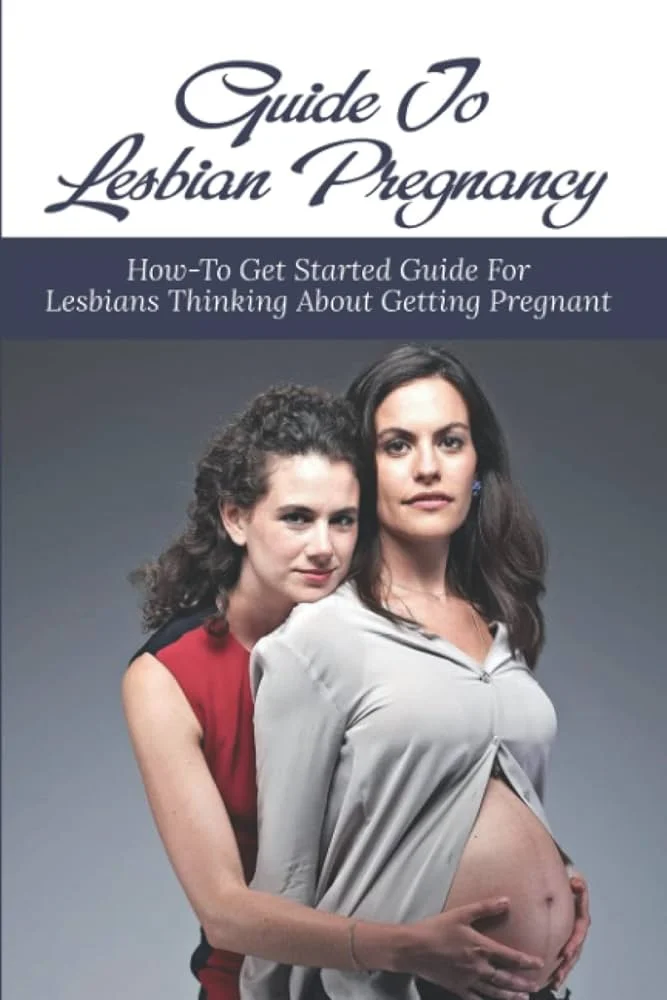This year, artist Jenna Reed captured the internet’s attention by working while breastfeeding her five-week-old twins. Her image sends a message that becoming a parent doesn’t have to derail a professional woman’s career. While I admire Reed’s tenacity, I can’t help but feel that this narrative isn’t doing us any favors.
Reed shares, “Despite the sleepless nights and constant breastfeeding, I was still crushing it at work.” Her commentary comes in response to a well-known artist who claimed that motherhood would have ruined her career. “Women aren’t as successful as men in this industry because they choose love and family over their ambitions,” she argued.
While her viewpoint might seem simplistic, it does touch on a harsh reality: it’s not that women are unwilling to sacrifice family for success, it’s that they often have to. The truth is, many women feel the pressure to give up their well-being and even their health to keep up with work after having children. They return to their jobs before they’ve fully healed and often spend a large part of their income on childcare for infants they aren’t ready to part with. The sacrifices are real.
Reed states, “Becoming a mother has made me a more efficient artist—I’ve learned to prioritize and multitask like a pro.” This is true, but should we really aspire to be superhuman? The answer is a resounding no. We feel compelled to juggle everything because we lack the necessary support. If we step away from our careers, we risk being perceived as less capable or inessential.
I remember pitching articles from the hospital the day after my c-section. My editor called me “amazing,” but I didn’t want to be labeled that way. As a freelancer, I had no choice; without work, there was no paycheck.
In the U.S., we stand alone as the only developed nation without paid maternity leave. This lack of support forces mothers to compete with one another, questioning whether they can “have it all,” rather than acknowledging the systemic issues at hand.
“It’s shortsighted to generalize from personal experiences,” Reed mentioned in an interview. The truth is, every mother needs help—not just those who can afford nannies or partners to share the load. The math is simple; sacrifices are inevitable. The idea that hard work alone guarantees success for working moms is unhelpful and unrealistic.
Countries like the UK offer 39 weeks of paid leave, Australia provides 18 weeks, and Canada extends it to a full year. Meanwhile, in Sweden, new parents are entitled to 480 days of paid leave. In contrast, the U.S. offers a mere 12 weeks of unpaid leave through the Family Medical Leave Act. This isn’t progress; it’s an endorsement of a system that favors the wealthy.
Reed poignantly stated, “I’m just trying to live my life, and while I know my limitations, I’m doing my best.” I wholeheartedly agree. Just because some of us manage to make it work, doesn’t mean it’s ideal or sustainable. I’ve fought through bouts of depression and financial strain to reach my current position, which, while better, still leaves me feeling guilty about my parenting.
We need significant reform, and we need it now. The struggle is real, and blaming women for not being able to balance it all isn’t the solution. Inspirational images and hashtags won’t change the dire circumstances we face.
For more insights, check out this excellent resource on pregnancy and home insemination from Cleveland Clinic. And if you’re looking for ways to boost fertility, visit this authority on fertility supplements.
Summary
The pressure on new mothers to balance work and family life often leads to unrealistic expectations. While some women manage to thrive, the lack of systemic support reveals a need for significant reform in maternity leave policies. The inspiring narratives of individual success should not distract from the urgent need for broad changes to support all mothers.
